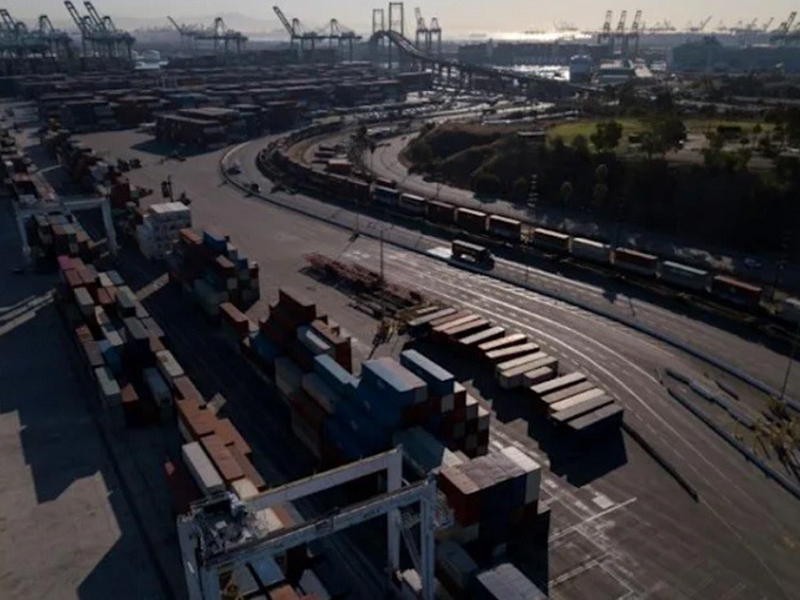


Global trade rebounded strongly from the Covid-19 pandemic, but this has turned into problems ranging from shortages of containers and warehouse capacity, leading to congestion in many places. seaports in the world, especially in the US - where thousands of containers are stuck waiting for customs clearance.
"This will take a long time to resolve," said Tim Huxley, managing director of Mandarin Shipping (Hong Kong). A representative of Mandarin Shipping said that, although the shipping industry is trying to develop more container fleets, most of the new capacity will not be put into operation until 2023. Until then, the situation The lack of container ships still occurs.
In addition, CEO Tim Huxley noted that additional investments in infrastructure such as ports and roads are necessary, but it will take several years for those works to come into operation and take effect. .
"All these problems will persist in the near future," Mr. Tim Huxley emphasized. "Therefore, I am afraid that this will really add to the cost burden for consumers and shortages of some items," a Mandarin Shipping representative noted.
Supply chain bottlenecks have threatened the global supply of goods, from food and beverages to consumer electronics to Christmas decorations.
Those bottlenecks plus additional costs push up inflation. Some economists have warned that inflation in countries could rise higher than expected in the long run.
Last month, the International Monetary Fund (IMF) said it concurs with its assessment that today's high price levels will subside later, but it noted that that forecast is uncertain because of inflation risks. developed in developed countries, including the US and UK.
The International Monetary Fund also recommended that central banks be prepared to tighten policy in case inflation spirals out of control.
Le Quan (baodautu.vn)
